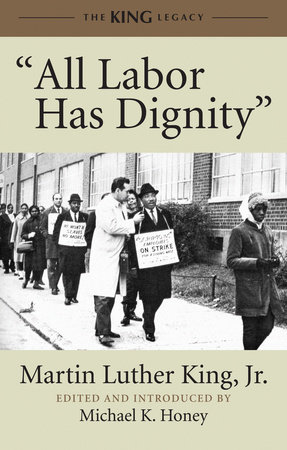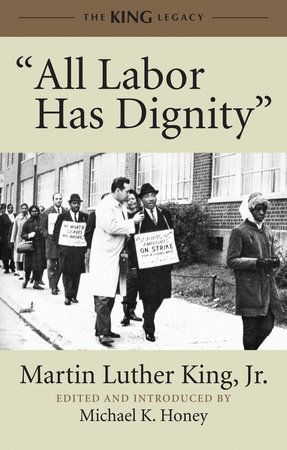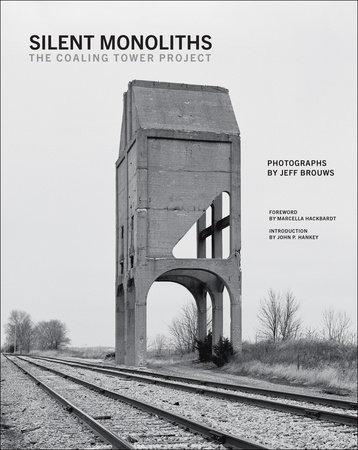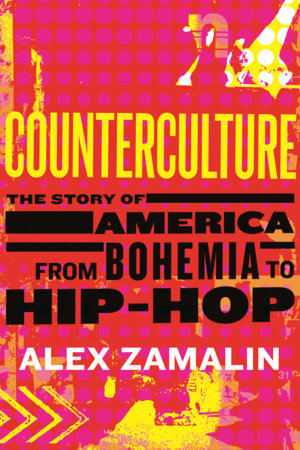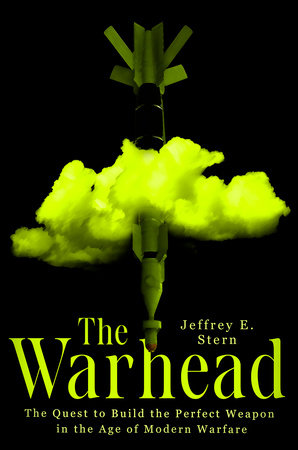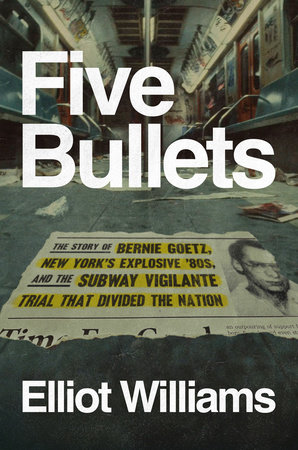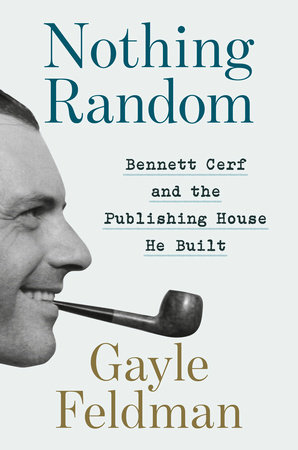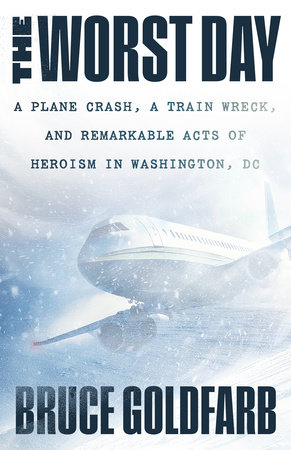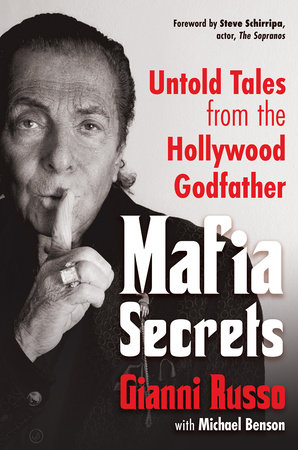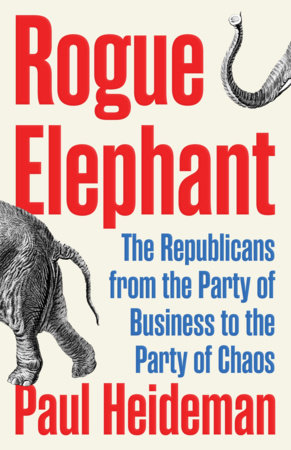“Thanks to Michael Honey’s meticulous editing and the inclusion of rarely heard audio, we can finally grasp the depth of the Rev. Martin Luther King’s commitment to Americans as workers.”—Nell Irvin Painter, author of The History of White People
“This is a more complex King than we celebrate every January, forever frozen on the steps of the Lincoln Memorial delivering his ‘I Have a Dream Speech.'”—Eric Foner
“Not just a testament to his rhetorical legacy—it is a call to action.—Richard L. Trumka, president, AFL-CIO
“This is more than a compelling and unprecedented collection of speeches by Martin Luther King, Jr. Through thoughtful introductions to each and every speech, Honey sets the stage for the reader, proving without a doubt that Dr. King was among the greatest labor leaders of the 20th century and that his message continues to resonate powerfully in our age.”—Bill Fletcher, Jr., Editorial Board, BlackCommentator.com; co-founder, Center for Labor Renewal; Board Chairperson, International Labor Rights
“Thanks to Michael Honey’’s meticulous editing and the inclusion of rarely heard audio, we can finally grasp the depth of the Reverend Martin Luther King’’s commitment to Americans as workers. Now, more than ever, his insights show us the way of transformation from consumers divided by race and ethnicity into an active, united citizenry.”—Nell Irvin Painter, author of The History of White People and Edwards Professor of American History, Emerita, Princeton University
“Michael Honey, a distinguished scholar of labor and African-American History, has done a great service by gathering Martin Luther King, Jr.’s speeches on labor, may of them previously unknown. He brings to life the King who from the outset of his public career insisted that ‘the evil of economic injustice’ must be combated along with racial inequality, and who saw the effort to eliminate poverty as a natural outgrowth of the civil rights struggle. This is a more complex King than we celebrate every January, forever frozen on the steps of the Lincoln Memorial delivering his ‘I Have a Dream Speech.’ King’s dream called for nothing less than a radical restructuring of American economic life.”—Eric Foner, DeWitt Clinton Professor of History, Columbia University
